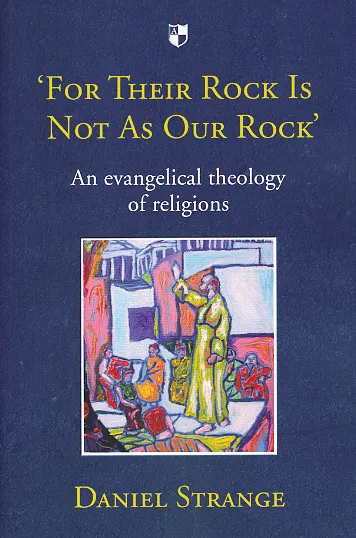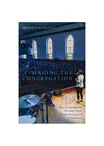‘FOR THEIR ROCK IS NOT AS OUR ROCK’
An evangelical theology of religions
By Daniel Strange
IVP. 383 pages. £19.99
ISBN 978 1 783 591 008
The world is full of non-Christian religions. What do we make of this? Can we really believe that Christianity alone has the truth when so many people hold different beliefs? Can we learn from them – perhaps they are stepping-stones towards the truth? How are we to think biblically about other religions?
These are some of the questions which Daniel Strange has set out to answer in this engrossing, challenging, thought-provoking and excellent new book. Although he says he is simply standing on the shoulders of earlier Reformed theologians - particularly J. A. Bavinck, Hendrik Kraemer and Cornelius Van Til – in fact, he has produced a volume which opens up the issues in a profound, fresh, illuminating and, above all, biblical manner. It is not an easy read (and his occasional use of academic language - ‘the religious Other’, for example - can occasionally be irritating), but it will repay careful study many times over. Strange argues consistently (and expressly) from a Christian, Protestant and Reformed theological position.







